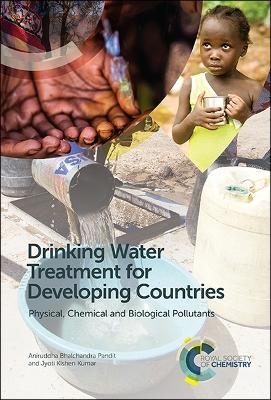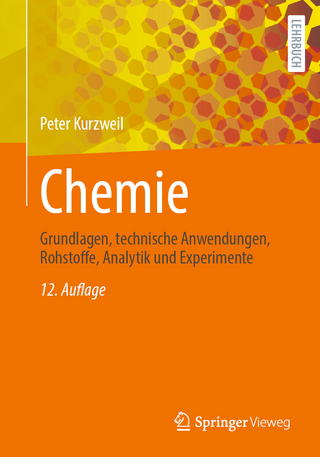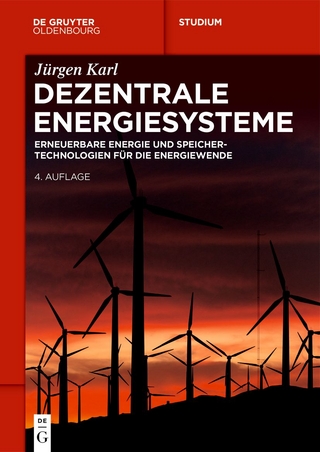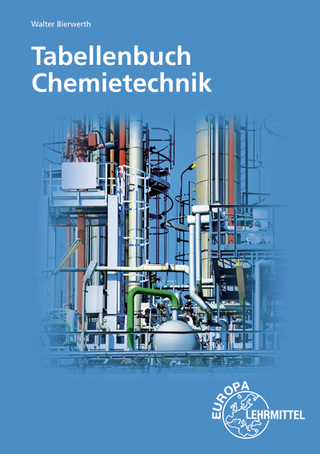
Drinking Water Treatment for Developing Countries
Physical, Chemical and Biological Pollutants
Seiten
2019
Royal Society of Chemistry (Verlag)
978-1-78801-019-1 (ISBN)
Royal Society of Chemistry (Verlag)
978-1-78801-019-1 (ISBN)
This book shines a light on drinking water treatment methods and scale of operation specifically for the developing countries. With case studies connecting theory to real world matters, this book is ideal for graduate and postgraduate level course use in engineering departments or for self-study and research.
Drinking water availability and safety is a major challenge faced globally and is highly pronounced in developing countries worldwide. Lack of safe potable water across the globe can be attributed to industrial pollution, climate change and other human activities that result in a spectrum of chemical, physical and biological pollutants entering a water body. Although efforts to solve this problem are well underway worldwide, challenges still exist. This book shines a light on drinking water treatment methods and scale of operation specifically for the developing countries.
Covering both conventional and emerging treatment technologies, the authors discuss the removal of chemical, physical and biological pollutants from drinking water, with a focus on developing countries. Conservation by rainwater harvesting, wastewater reuse, and selection criteria of feasible methods are considered in the context of issues relevant to Africa, Asia, Latin America and the Caribbean.
With case studies connecting theory to real world matters, showcasing efficiencies and drawbacks, this book is ideal for graduate and postgraduate level course use in engineering departments or for self-study and research.
Drinking water availability and safety is a major challenge faced globally and is highly pronounced in developing countries worldwide. Lack of safe potable water across the globe can be attributed to industrial pollution, climate change and other human activities that result in a spectrum of chemical, physical and biological pollutants entering a water body. Although efforts to solve this problem are well underway worldwide, challenges still exist. This book shines a light on drinking water treatment methods and scale of operation specifically for the developing countries.
Covering both conventional and emerging treatment technologies, the authors discuss the removal of chemical, physical and biological pollutants from drinking water, with a focus on developing countries. Conservation by rainwater harvesting, wastewater reuse, and selection criteria of feasible methods are considered in the context of issues relevant to Africa, Asia, Latin America and the Caribbean.
With case studies connecting theory to real world matters, showcasing efficiencies and drawbacks, this book is ideal for graduate and postgraduate level course use in engineering departments or for self-study and research.
Introduction;
Treatment techniques for Developing Countries;
Rain Water Harvesting in developing countries;
Waste Water Reuse in Developing Countries;
Case Studies;
Selection Criteria of Water Treatment Strategy in Developing Countries;
Conclusions
| Erscheinungsdatum | 25.03.2019 |
|---|---|
| Verlagsort | Cambridge |
| Sprache | englisch |
| Maße | 156 x 234 mm |
| Gewicht | 493 g |
| Themenwelt | Naturwissenschaften ► Chemie ► Technische Chemie |
| Technik ► Umwelttechnik / Biotechnologie | |
| ISBN-10 | 1-78801-019-1 / 1788010191 |
| ISBN-13 | 978-1-78801-019-1 / 9781788010191 |
| Zustand | Neuware |
| Haben Sie eine Frage zum Produkt? |
Mehr entdecken
aus dem Bereich
aus dem Bereich
Grundlagen, technische Anwendungen, Rohstoffe, Analytik und …
Buch | Softcover (2023)
Springer Vieweg (Verlag)
39,99 €
erneuerbare Energien und Speichertechnologien für die Energiewende
Buch | Softcover (2023)
De Gruyter Oldenbourg (Verlag)
69,95 €
Daten, Formeln, Normen, vergleichende Betrachtungen
Buch | Softcover (2024)
Europa-Lehrmittel (Verlag)
38,90 €


